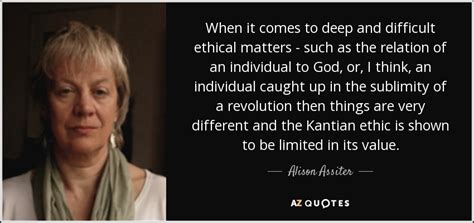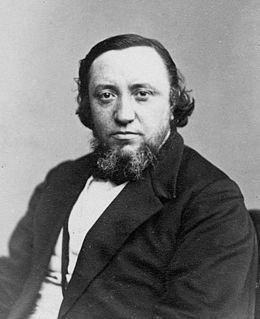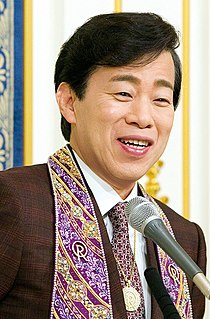A Quote by Alison Assiter
Autonomy is the capacity to act on principles that are one's own and one will exercise this capacity by means of a process of rational reflection on these principles. Autonomy is thought to be necessary for attributing political responsibility.
Related Quotes
Whether it’s a symphony or a coal mine, all work is an act of creating and comes from the same source: from an inviolate capacity to see through one’s own eyes-which means: the capacity to perform a rational identification- which means: the capacity to see, to connect and to make what had not been seen, connected and made before.
We face a conflict between civilisation and culture, which used to be on the same side. Civilisation means rational reflection, material wellbeing, individual autonomy and ironic self-doubt; culture means a form of life that is customary, collective, passionate, spontaneous, unreflective and irrational.
We face a conflict between civilisation and culture, which used to be on the same side. Civilisation means rational reflection, material wellbeing, individual autonomy and ironic self-doubt; culture means a form of life that is customary, collective, passionate, spontaneous, unreflective and arational.
Sometimes we forge our own principles and sometimes we accept others' principles, or holistic packages of principles, such as religion and legal systems. While it isn't necessarily a bad thing to use others' principles - it's difficult to come up with your own, and often much wisdom has gone into those already created - adopting pre-packaged principles without much thought exposes you to the risk of inconsistency with your true values.
Autonomy means women defining themselves and the values by which they will live, and beginning to think of institutional arrangements which will order their environment in line with their needs.... Autonomy means moving out from a world in which one is born to marginality, to a past without meaning, and a future determined by others--into a world in which one acts and chooses, aware of a meaningful past and free to shape one's future.
There is nothing so bad or so good that you will not find Englishmen doing it; but you will never find an Englishman in the wrong. He does everything on principle. He fights you on patriotic principles; he robs you on business principles; he enslaves you on imperial principles; he bullies you on manly principles; he supports his king on loyal principles and cuts off his king's head on republican principles.
International order is not an evolution; it is an imposition. It is the domination of one vision over others- in this case, the domination of liberal free market principles of economics, democratic principles of politics, and a peaceful international system over other visions that other nations and peoples may have. It will last only as long as those who favor it retain the capacity to defend it.
Principles always have natural consequences attached to them. There are positive consequences when we live in harmony with the principles. There are negative consequences when we ignore them. But because these principles apply to everyone, whether or not they are aware, this limitation is universal. And the more we know of correct principles, the greater is our personal freedom to act wisely.































